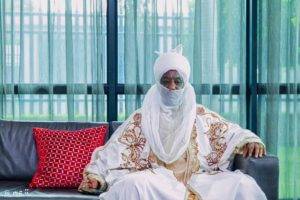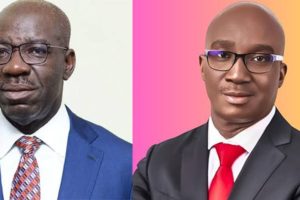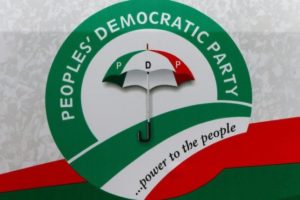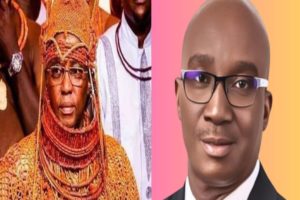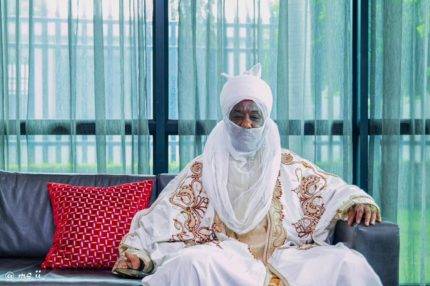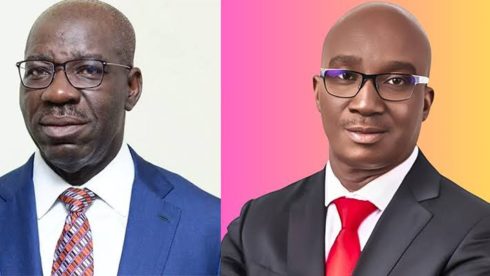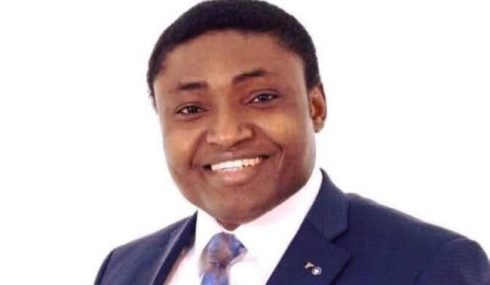The bustling streets of Maiduguri, Borno State’s capital, transformed into a battleground as the EndBadGovernance nationwide protest took a perilous turn. What began as a peaceful demonstration quickly devolved into pandemonium when security forces allegedly opened fire on the assembled crowd. Eyewitnesses report multiple injuries among protesters, casting a dark shadow over the fundamental right to peaceful assembly.
The incident has sent shockwaves through the nation, igniting fierce debates about civil liberties and the government’s commitment to protecting its citizens’ rights. As tension permeates the air, questions arise about the long-term implications of this violent escalation and its potential to reshape Nigeria’s political landscape.
Human Rights Advocates Decry Excessive Force Useed In Maiduguri
In the wake of the Maiduguri incident, human rights organizations have swiftly mobilized, condemning the disproportionate use of force against unarmed protesters. Prominent advocacy groups, including Amnesty International and Human Rights Watch, are demanding an immediate, thorough, and impartial investigation into the shooting. They argue that the government’s heavy-handed response not only violates international human rights standards but also threatens to exacerbate existing societal tensions.
The outcry from these organizations has reverberated across social media platforms, with hashtags like #JusticeForMaiduguri and #EndImpunityNow trending nationwide. As pressure mounts on the government to address these allegations, the incident has become a rallying point for those seeking broader reforms in Nigeria’s approach to civil dissent.
Resolute Protesters Amplify Demands for Change
Despite the eruption of violence, the spirit of the EndBadGovernance movement remains unbroken. Protesters in Maiduguri have doubled down on their demands, calling for sweeping reforms to address deep-seated issues of corruption, economic stagnation, and inadequate public services. Their grievances encompass a wide array of concerns, from the need for improved healthcare and education to calls for greater transparency in government operations.
The resilience of the protesters has struck a chord with many Nigerians, who see the movement as a long-overdue confrontation of systemic issues plaguing the nation. As the demonstrations continue, there’s a palpable sense that this moment could mark a turning point in Nigeria’s ongoing struggle for good governance and accountability.
Government Faces Backlash Over Heavy-Handed Tactics
The Nigerian government finds itself under intense scrutiny following its forceful response to the Maiduguri protests. Critics argue that the use of lethal force against peaceful demonstrators not only violates constitutional rights but also undermines the very foundations of democratic governance. Opposition leaders and civil society organizations have seized upon this moment to challenge the government’s commitment to democratic principles and the rule of law.
International observers, including diplomats from Western nations, have expressed concern over the escalating situation. Some have hinted at potential diplomatic consequences if the Nigerian government fails to address the situation in a manner consistent with international human rights standards. This global attention adds another layer of complexity to an already volatile situation, potentially influencing the government’s next moves.
Undeterred Masses Vow to Persist in Face of Adversity
In a powerful display of collective resolve, protesters in Maiduguri and across Nigeria have pledged to continue their demonstrations despite the recent violence. This unwavering commitment speaks to the depth of frustration felt by many Nigerians, who see the EndBadGovernance movement as perhaps their last hope for meaningful change. Organizers are adapting their strategies, incorporating digital activism and decentralized protest methods to mitigate the risk of further violent confrontations.
The movement’s persistence has sparked a national conversation about the nature of civic engagement and the role of protest in shaping Nigeria’s future. As more citizens join the cause, either physically or virtually, the pressure on the government to enact substantive reforms continues to mount. The coming days and weeks will likely prove crucial in determining whether this grassroots movement can translate its momentum into tangible policy changes.
Nation at a Crossroads: Balancing on the Precipice of Change
As the dust settles on the streets of Maiduguri, Nigeria finds itself at a critical juncture. The violent turn of events has laid bare the deep-seated tensions simmering beneath the surface of Nigerian society. With the economy struggling, security concerns mounting, and public trust in institutions at an all-time low, the country teeters on the brink of a transformative moment that could redefine its trajectory for years to come.
The government’s response to this crisis will be pivotal in determining whether Nigeria can navigate these turbulent waters and emerge as a stronger, more equitable society. As citizens and leaders alike grapple with the implications of recent events, the world watches closely, hoping that this moment of crisis can be transformed into an opportunity for meaningful dialogue, reform, and national reconciliation.
Table of Contents
Discover more from OGM News NG
Subscribe to get the latest posts sent to your email.

